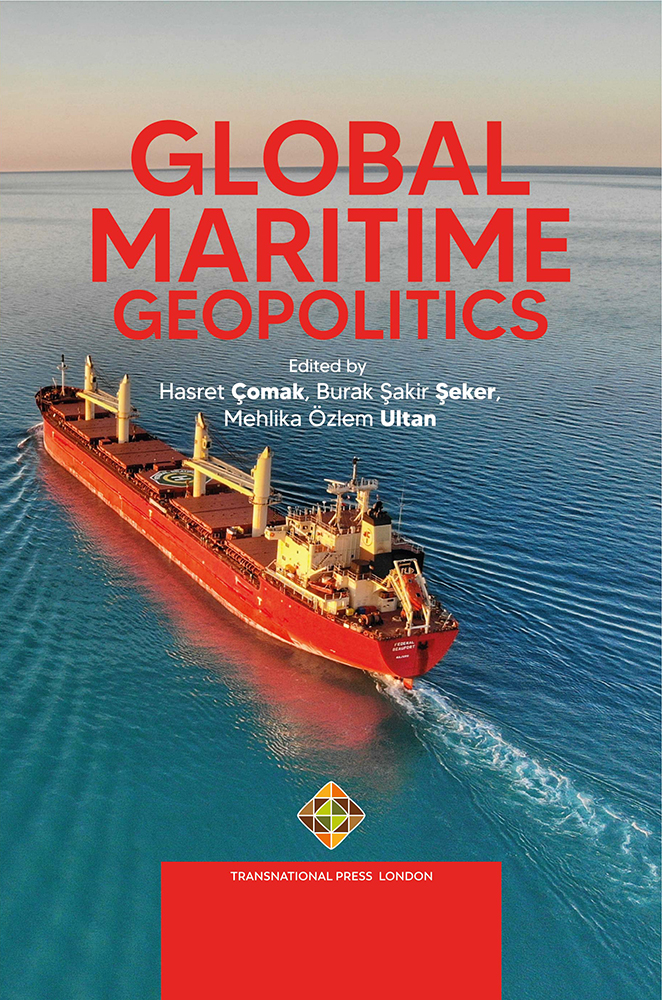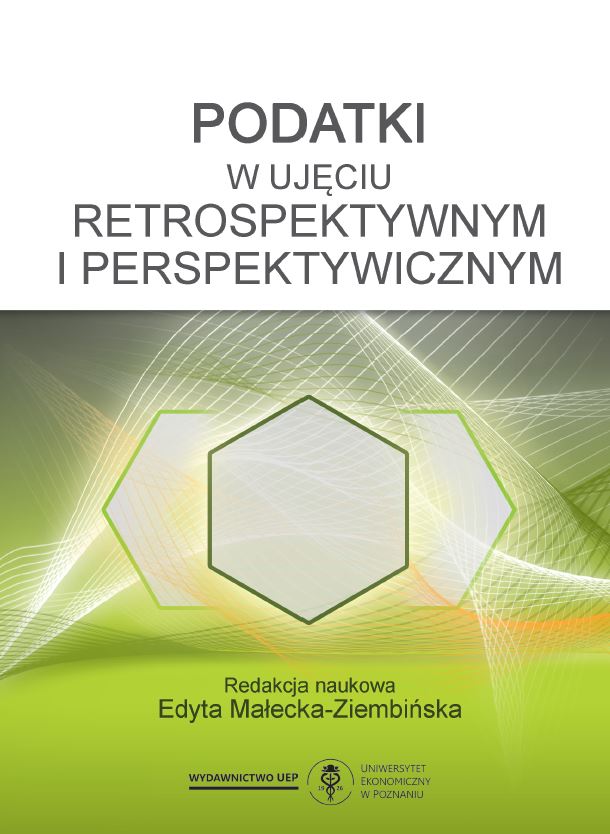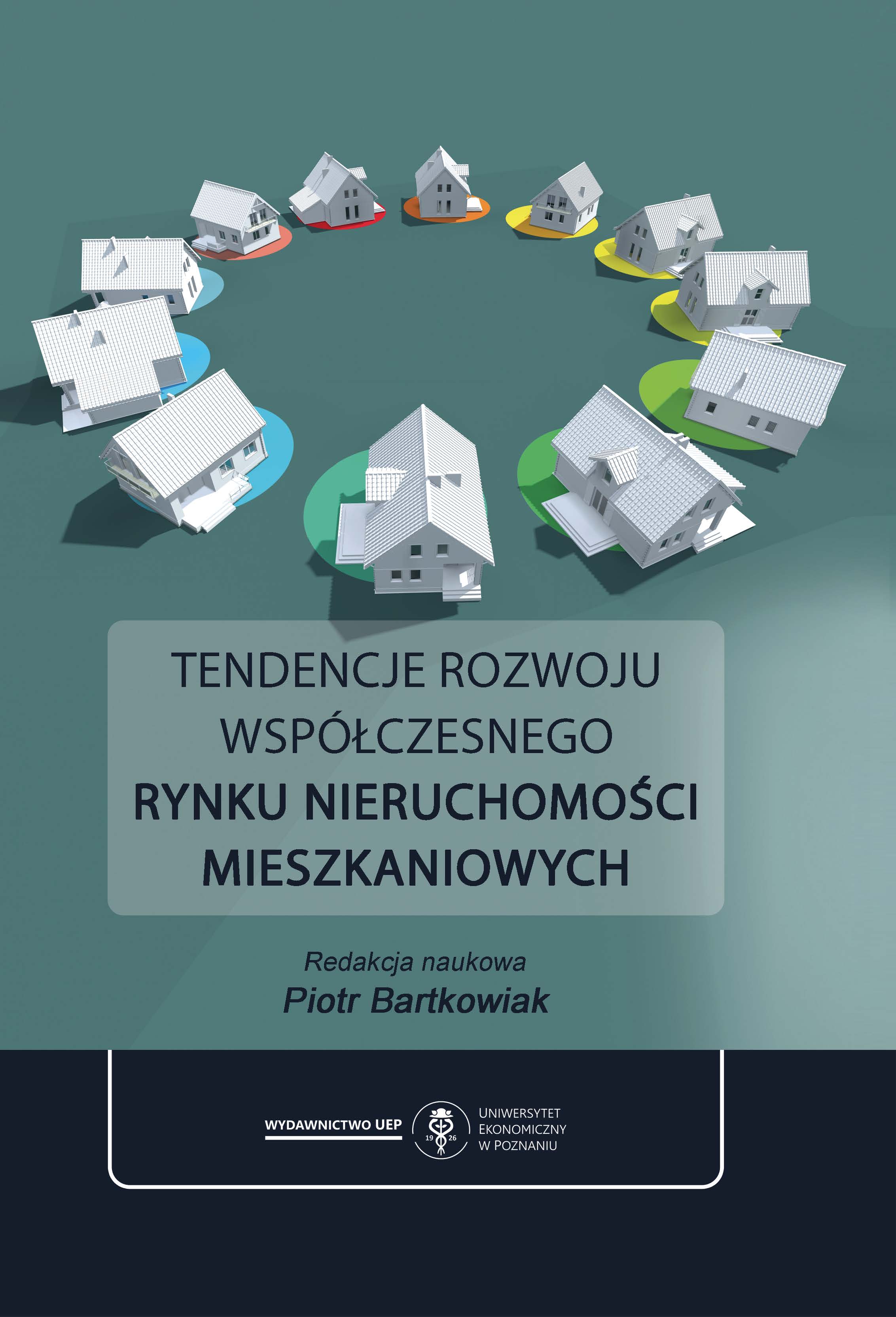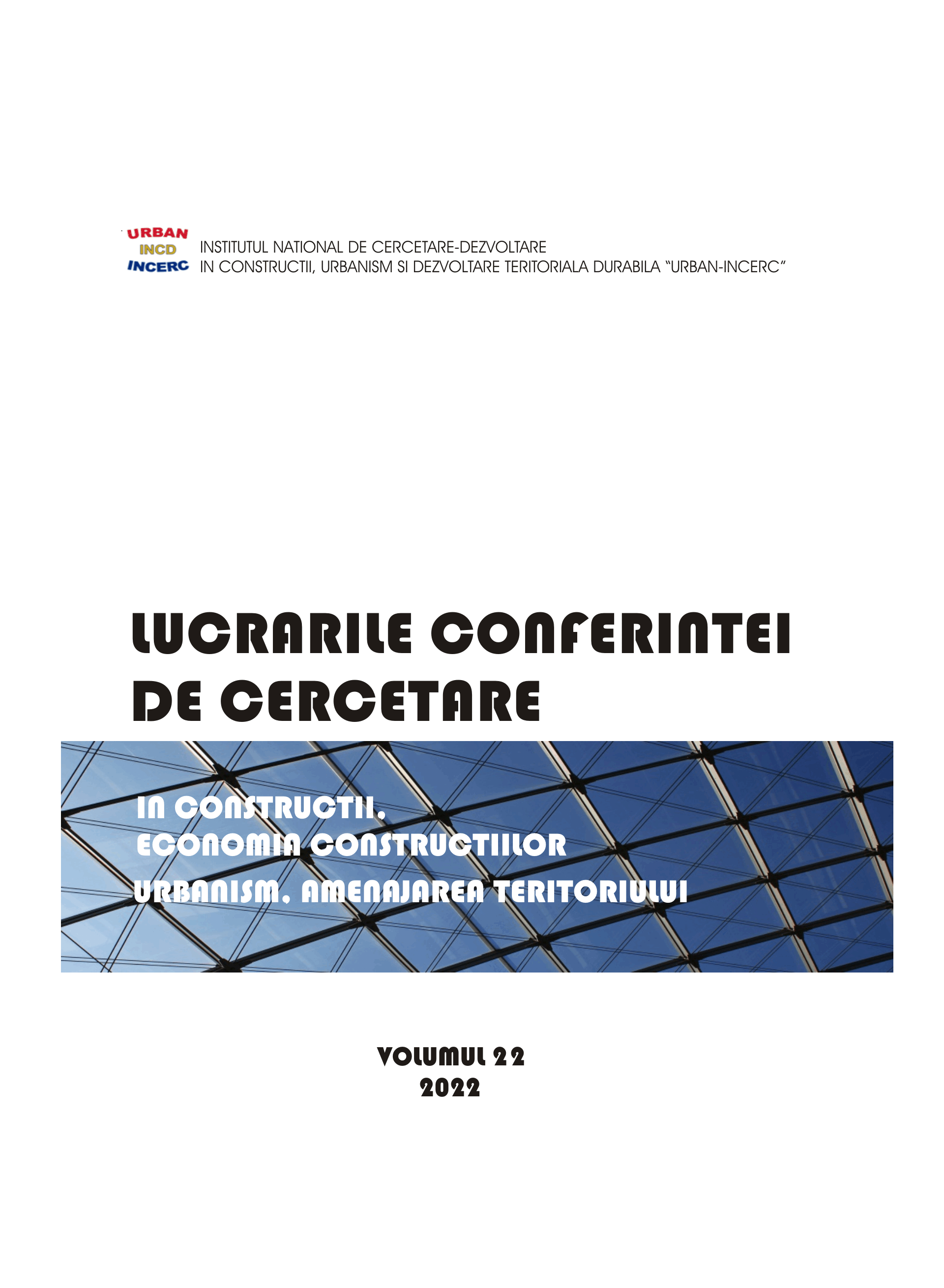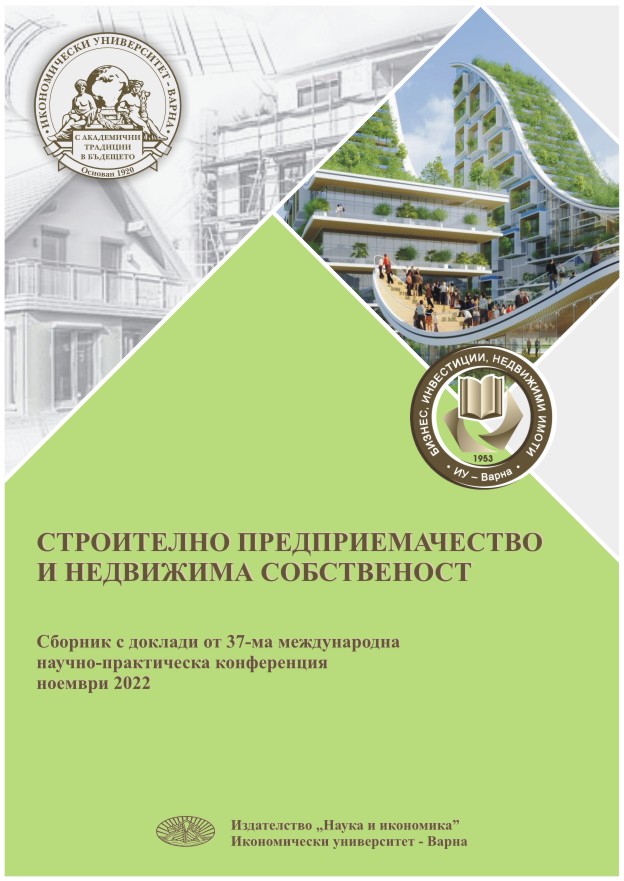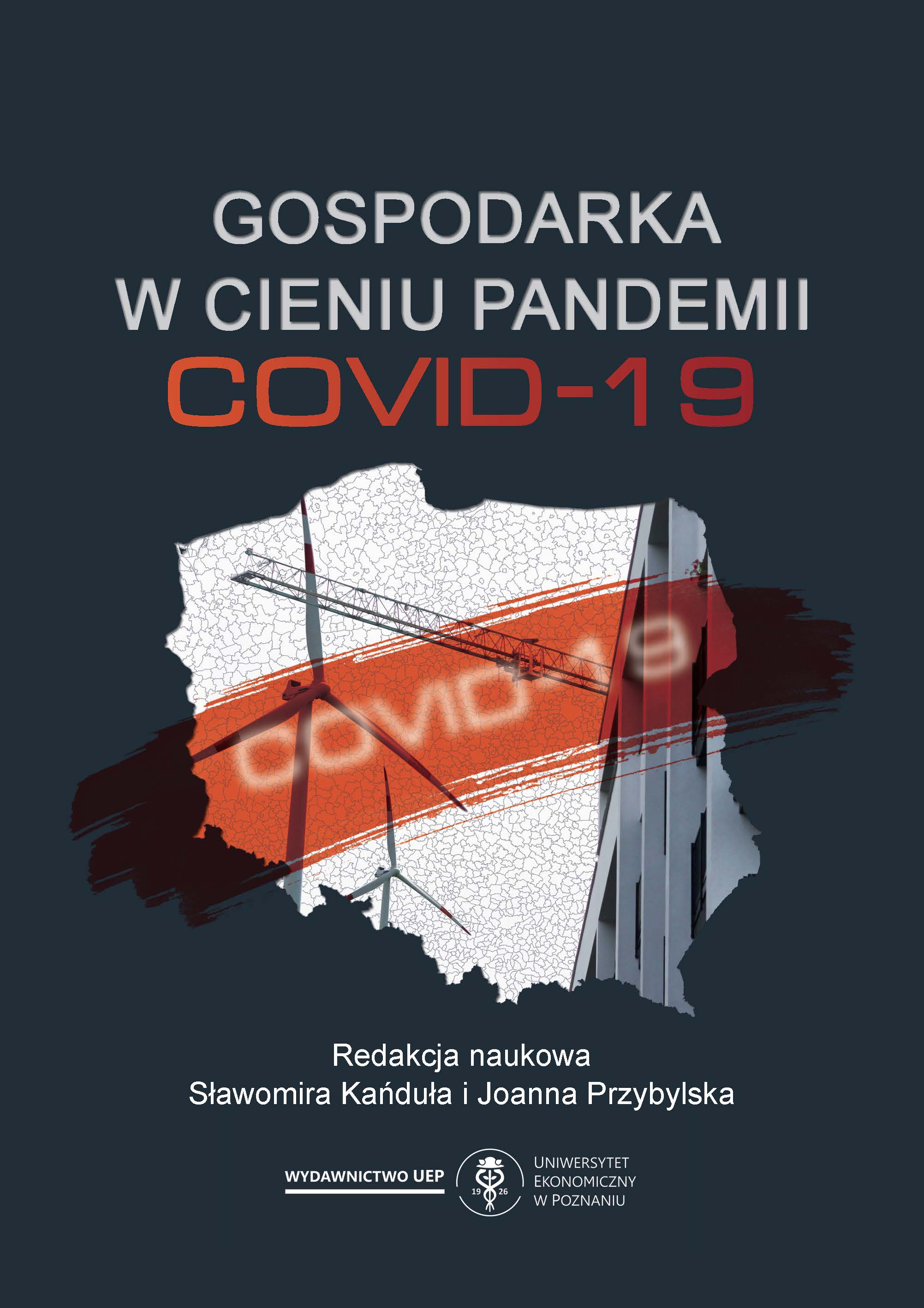
Neutralność klimatyczna a interes Polski
Purpose: The author aims to determine the estimated cost of adaptation of the Polish economy to a zero-emission energy system, taking into account the social aspect. Design/methodology/approach: The chapter shows that one of the causes of adverse climate change and increased air pollution in Poland is the increased burning of fossil fuels. It presents actions taken by international organizations to achieve climate neutrality. Against this background, Poland’s attitude towards the problem of ensuring climate neutrality of the economy is presented. The author looks at the problem of climate neutrality through the prism of the so-called social contract for the mining industry. This agreement takes into account the economic losses that the inhabitants of the Silesian Voivodeship will suffer in connection with this adaptation. The author assesses the legal feasibility of the miners’ demands. Findings: Poland should achieve climate neutrality by the early 2030s at the latest. Therefore, the hard coal mines should be already closed now rather than their extraction for each ton of raw material subsidized. In order to achieve climate neutrality it will be necessary to incur very large financial outlays, including for the safe closure of the mines and cash severance packages for the miners. The provisions of the social agreement for the mining industry are contrary to EU law and the climate goals set out in the so-called Paris Agreement. Originality and value: It was pointed out that Polish politicians have an ambivalent attitude towards the energy transition. They do not want to give up a strategic resource for Poland. Thus, they ignore the risks associated with the continued use of coal on a massive scale.
More...
